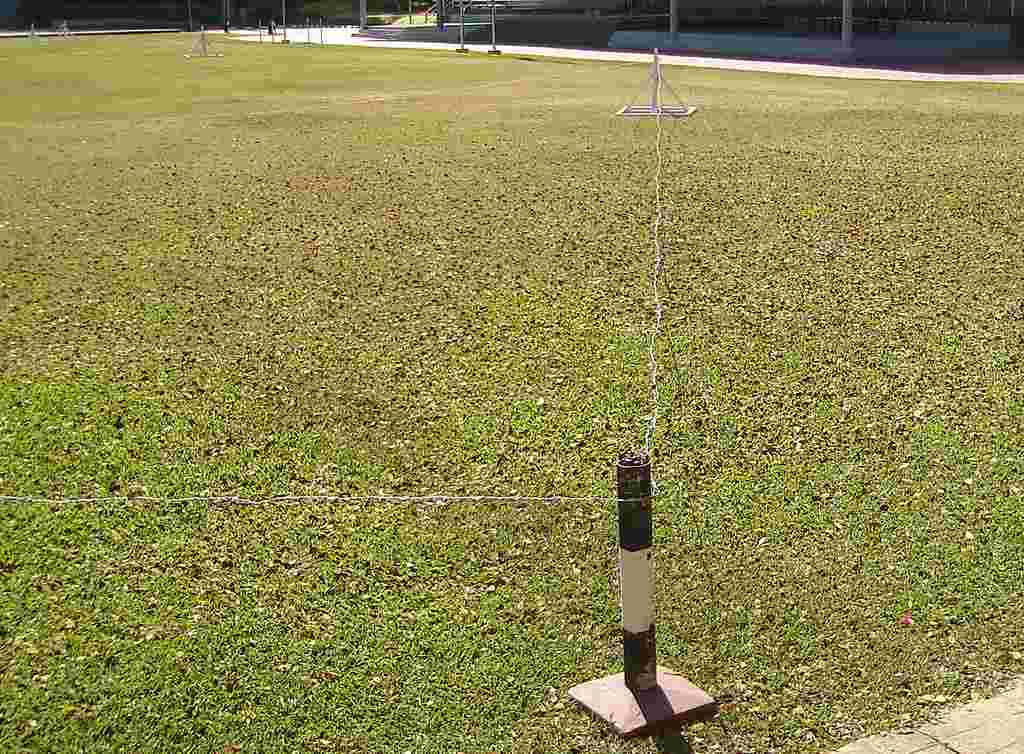Sabah remains the poorest in the world
Why Sabah BN government want to apologise?
It gave away its revenues to the Federal government while getting much
less in return, contrary to the Malaysia agreement.
After all, violating the Malaysian Agreement has been the routine
practise for the BN government.
Humiliated Sabah govt slams 'poverty' report
Mon, 15 Nove 2010 13:23
E-mail Print
By Michael Kaung
KOTA KINABALU: An embarrased 16-year-old Barisan Nasional administered
Sabah state government is furious at the recent World Bank report
which placed Sabah as the poorest state in Malaysia.
Lashing out at 'the facts', the Sabah Chief Minister's Department
(CMD) said that the World Bank's 2010 Malaysia Economic Monitor (MEM)
Report was grossly 'misinterepreted' and the content sensationalised.
The State Ecnomic Planning Unit (EPU) in a statement said its was
'disappointed' that the 'fact on poverty in Sabah was twisted.'
Said EPU director Ismail Abdullah: "It is a gross misinterpretation …
"The EPU, as the state's central planning agency, is disappointed
because the fact on poverty in Sabah was twisted and used to downgrade
the state government's image even though the state administration
under the leadership of Chief Minister Musa Aman is really committed
to developing Sabah and reducing poverty incidence," he said.
Ismail highlighted the fact that the MEM report also mentioned the
significant decrease in the incidence of poverty in Sabah between
1976-2004.
He said his boss, Musa, 'was in control' when the Statistics
Department figures showed that the incidence of household poverty had
gone down from 24.2% in 2004 to 16.4% in 2007.
Ismail also blamed the financial crisis of 2008/2009 and the increase
in the price of many essential items due to the reduction of fuel
subsidies, for the continued high incidence of household poverty.
He said the mean monthly gross income of Sabahans had infact increased
from RM2,593 in 2004 to RM3,102 in 2009 or 5.3% annually during the
period while the number of Sabahans enjoying an income of between
RM1,000 and RM1,999 had increased substantially by 2009.
Ending poverty
Ismail also drew attention to Tawau district, on the east coast of the
state, which was recently declared poverty free by Musa.
He said the state government has targetted the elimination of hardcore
poverty by the end of this year.
Ismail backed his argument by citing figures published in the CIA
World Fact Book which stated that in 2004, 12% of the population of
the United States and 14% of that in the United Kingdom lived below
their respective poverty line and thus were classified as poor.
"Do these (figures) make United Kingdom and United States poor
countries or poorest amongst the developed countries which perform
better than them?" he asked.
The World Bank report released last week painted a different picture
of the state from the cheery outlook of the EPU boss.
The report quoted the bank's East Asia and Pacific Region Human
Development Sector director Emmmanuel Jimenez as saying that there
were "deep pockets of poverty here in Sabah."
Jimenez who was in Kota Kinabalu to present the report last Wednesday
had also reportedly said:"Sabah has about 10% of the Malaysian
population but more than 40% of all poor people in Malaysia live in
Sabah."
The report however noted that when comparing the figure to that of
Selangor, which has about 25% of the population, the percentage of
poor people was less than 10%.
"Whatever poor people remaining in Malaysia, many of them are here in
Sabah and most of them live in the rural areas … groups such as the
Rungus, Suluk and Orang Sungai … according to the statistics … they
remain very high," Jumenez told reporters present.
"I would imagine that once you move away from the coastal areas to the
interior, the poverty rates remain very high," he added.
Jimenez also noted that what most people arriving in the state capital
or other towns in the state noted immediately was its apparent wealthy
state. But this, he hinted, was a mere sheen.
"Just from our own experience coming from the airport to the hotel,
you don't see poverty but the statistics say there's a lot and there
are huge disparities."
Low salaries
He also pointed out Malaysia's vision of a prosperous country through
productivity could be affected because workers are paid poor salaries.
"Those who are working maybe poor not because they are not working
(hard) but working in low-paying jobs. So the question is how to
increase productivity?" he asked.
The World Bank report recommended a three-pronged approach to raising
the living standards of the people living under grinding poverty in
the state.
It stressed that the government must strengthen the investment climate
and revitalise the labour markets; promote investment in human capital
by improving education and provide well-targetted social protection to
help those who cannot help themselves.













No comments:
Post a Comment